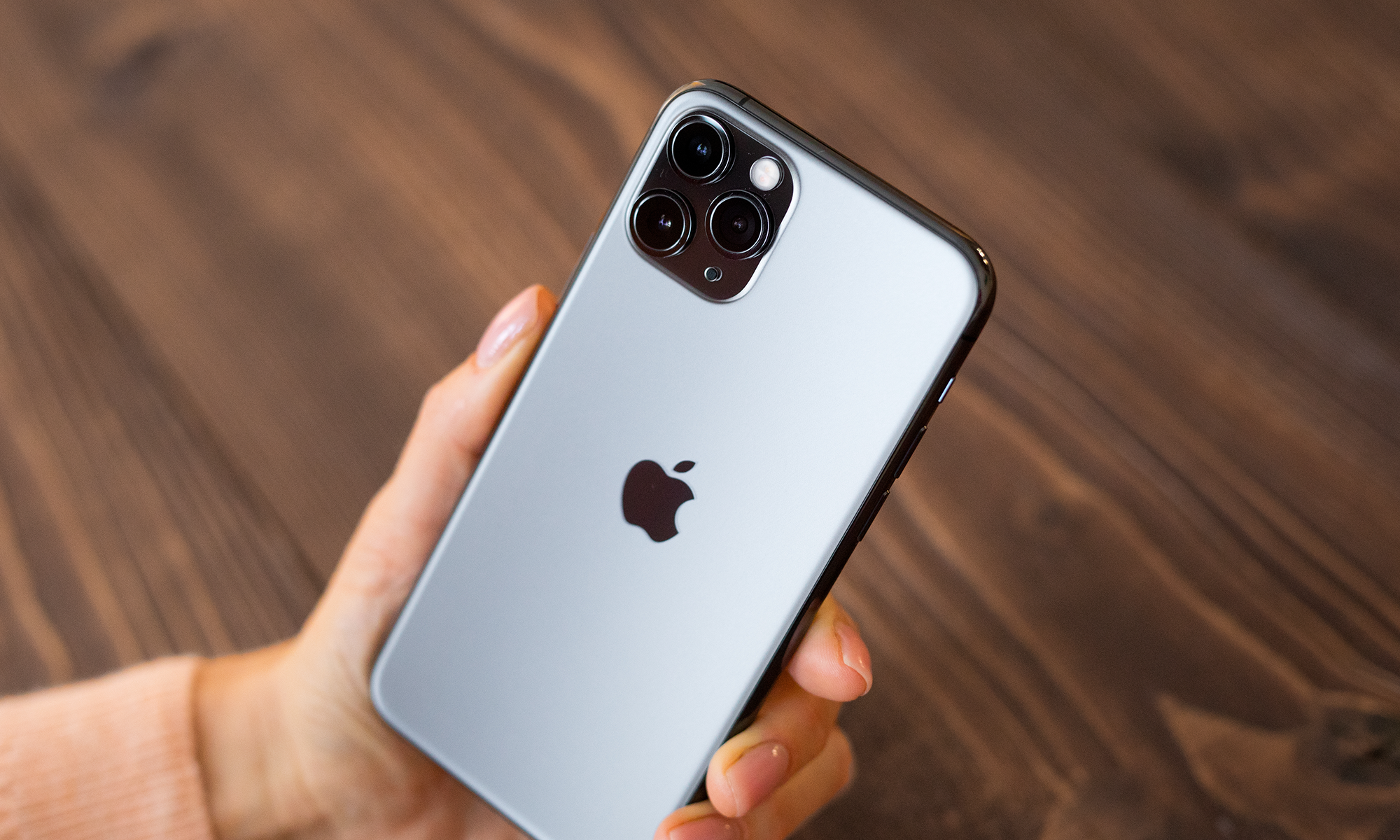There's little question that Apple (AAPL +0.62%) has been the most innovative company of the past decade. But Apple's innovations didn't begin with the iPod in 2001. The company had a quarter century of innovation by then, developing products that changed the world.
Let's take a look at the most market-changing innovations in Apple's history, and where the company may be going next.
Apple II
Apple II was the product that made Apple into a computing powerhouse, and made Steve Jobs and Steve Wozniak household names. Introduced in 1977, it came to define the early personal computing industry. At $1,298, it was a relatively affordable computer and, with a keyboard, disk drive, and monitor included, it was a product that novices could use, making the home computer more accessible to the masses.
Apple II was followed by the better-known Macintosh, but Apple II is where Apple really showed its innovative chops. It also gave Apple the cash flow to develop products outside of personal computers.
Newton
Did you know that Apple invented the personal digital assistant -- or PDA -- nearly a decade before the first Palm Pilot was released? This was one of the company's biggest innovations, but it was so far ahead of its time that it was basically a commercial flop. The Newton had apps like Notes, Dates, and Names, which were similar to the Notes, Calendar, and Contacts apps on today's Apple devices. It also allowed data to be used across applications, which was a new innovation at the time.

The Apple Newton and first-generation iPhone. Image courtesy of Blake Patterson.
In many ways, the development of Newton created the foundation for the iPod, iPhone, and iPad product lines. It was an adventure outside of traditional computing, and taught Apple a lot about how devices interacted in the consumer computing market.
The Newton may be the least known of Apple's innovations, but it was a revolutionary product at the time.
iTunes
Most people think of the iPod as the device that brought Apple into our everyday lives, but it was really iTunes that made the iPod's popularity possible. iTunes linked the iPod to a world of digital music and, when it made its way to the PC, Apple's popularity exploded.
It's easy to forget that through iTunes, Apple turned the traditional music distribution model on its head, making individually priced songs the norm, and making CDs obsolete in a short period of time. iTunes proved that digital media distribution could be done on a large scale, bringing music, TV, and film to the digital age. It also became an integral part of Apple's best-selling product.
The iPhone
While the Apple II, Newton, and iTunes were phenomenal innovations, Steve Jobs will be most remembered for the iPhone, the device that changed the future of electronics. When it was released in 2007, the iPhone changed everything we thought we knew about cell phones.

Apple stores still generate huge crowds when new iPhones are launched.
The iPhone combined phone calls with Internet capability, apps that brought productivity to our pockets, and (for better or worse) made text messaging a breeze. The iPhone turned the BlackBerry from a device so popular it was known as a CrackBerry, to a manufacturer struggling just to survive.
But the iPhone wouldn't be what it is today without the connection between Apple and third-party developers, who brought innovation to all of Apple's touchscreens.
App Store
The App Store was a new way of distributing software when it was released, and analogous offerings from Google and Microsoft have changed both the development of software and the distribution model. For example, I haven't bought software at a store for years, and my latest computer doesn't even have a disk drive to load it with.
What may be even more innovative is how the Apple App Store has democratized the software industry. Startups like OMGPOP, Supercell, and Rovio can go from concept to billion-dollar valuations almost overnight. Under the old software model, that would be nearly impossible.
What's most impressive about the App Store is how we've almost forgotten how revolutionary it is. It was just over five years ago that the App Store was launched, and now it's the main distribution method for Apple's software. Innovations that are adopted so quickly are what has made Apple such a success for investors.
What's next for Apple?
If Apple is going to continue to be a market darling, it will need to continue its high rate of innovation. I think the next logical step is TV, where the groundwork is already laid to disrupt the industry with Apple TV. The iPhone was launched without a distribution method for third-party apps, and Apple TV is taking the same route. But recent months have seen more apps added, and I think a third-party app store is on the way next year.
Where do you think Apple's next big innovation will be?








